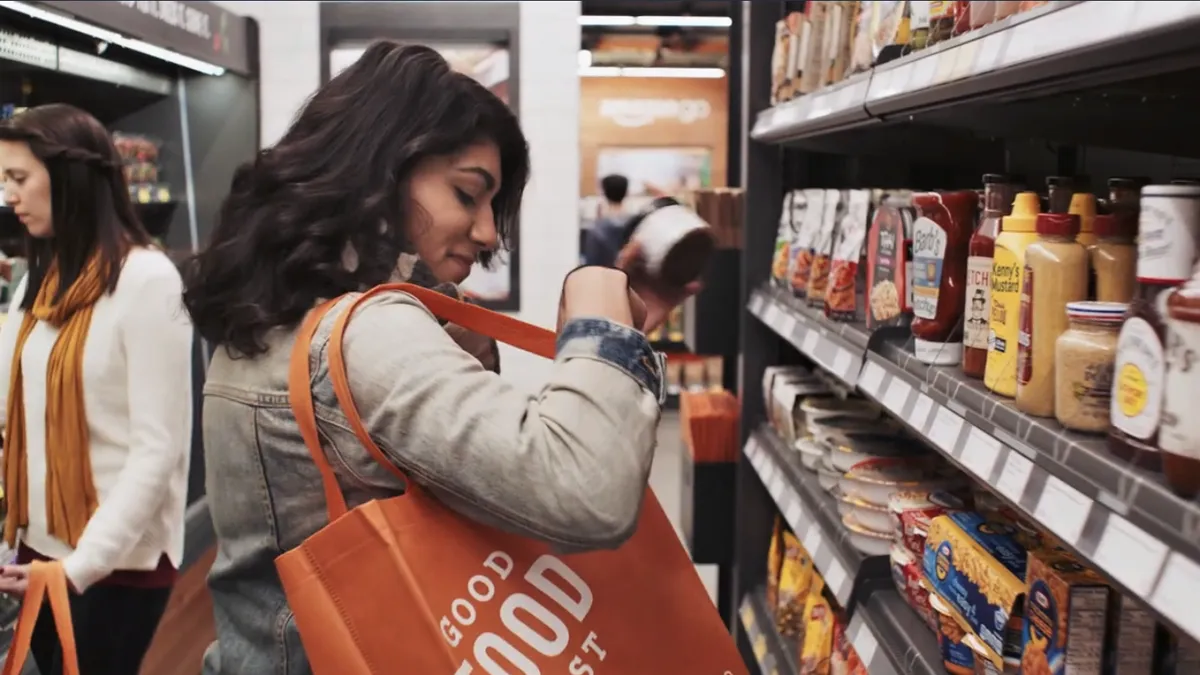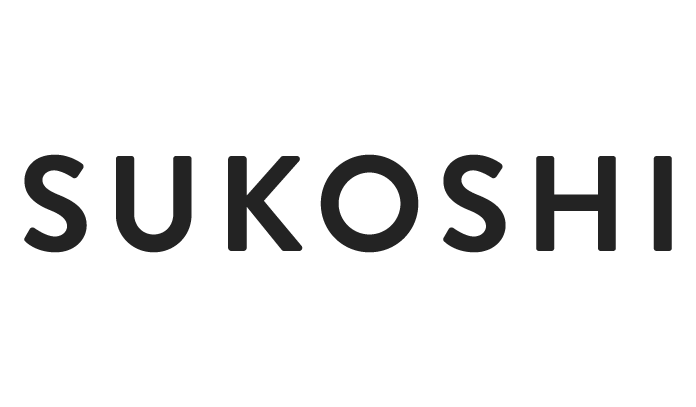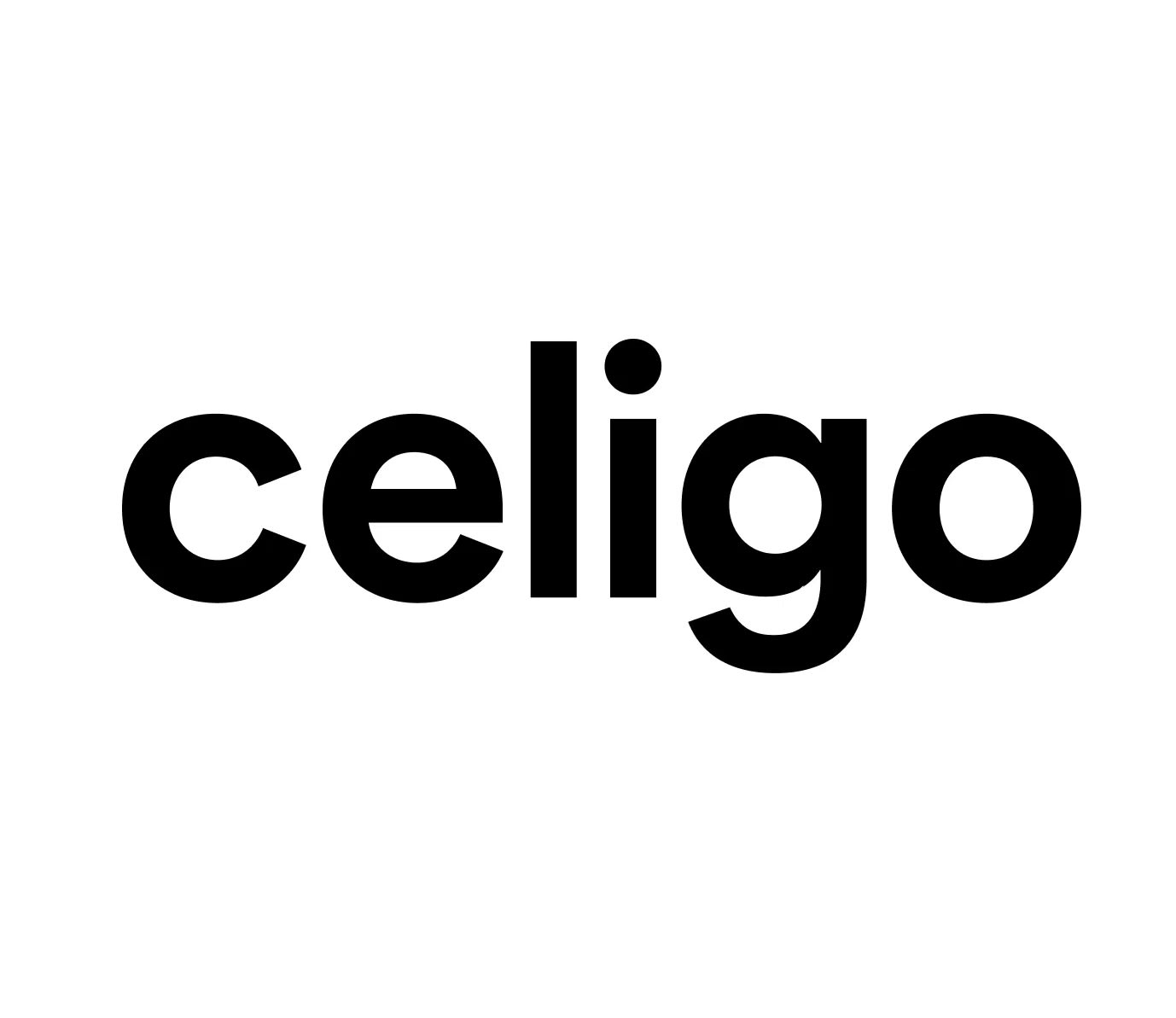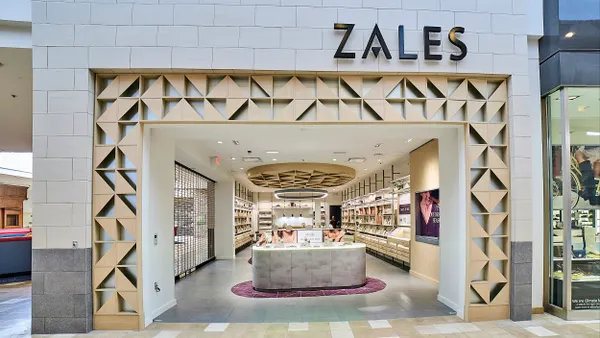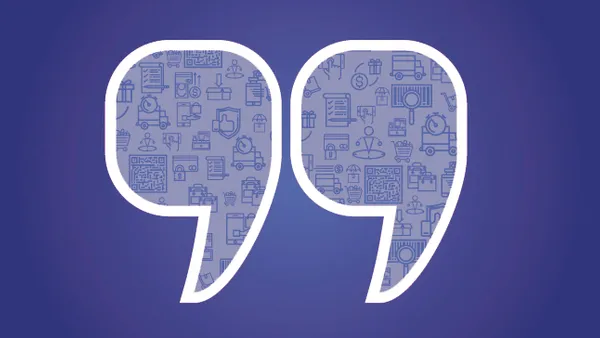Dive Brief:
- About eight months after Amazon opened its first cashier-less Go store in Seattle, San Francisco-based startup Zippin has launched a small public demo that is expected to grow into a full-sized, AI-enabled convenience store by mid-September, according to a company news release.
- Like Amazon Go, Zippin relies on sophisticated cameras to track customer movements. However, it also utilizes shelf sensors to ensure that the system accurately records the items that customers select.
- "Consumer frustration with checkout lines is driving a tidal wave of demand among retailers and real estate owners keen to provide a frictionless retail experience," founder Krishna Motukuri said in the release. "With annual sales of grocery stores, convenience stores and quick-serve restaurants totaling nearly $1.6 trillion in the U.S. alone, we believe there is a sizeable market opportunity for us to pursue."
Dive Insight:
At the moment, Zippin — which opened in beta phase Monday in San Francisco — features some snack shelves, two coolers and other grab-and-go options. But the company plans to expand into a 500-square-foot cashier-free convenience store by mid-September, which would make the concept the first cashier-less store in the San Francisco market. Amazon Go has plans to expand in that city as well, but has yet to open there.
Amazon Go's debut in January seems to have ignited a spark. Juniper Research estimates cashier-less transactions will reach $78 billion by 2022, up from an anticipated $9.8 billion in 2017. Fast Company reports that Zippin is the first Amazon Go rival to open, though a handful of retailers have been testing Amazon Go-like, frictionless technology, including Walmart and Albertsons. Similar systems are in development from a number of San Francisco startups, including AiFi, Aipology and Standard Cognition, as well as Israel's Trigo Vision, which received $7 million in funding last month.
These companies are looking to solve a major pain point for consumers. According to the release from Zippin, shoppers in the U.S. waste almost 37 billion hours a year standing in line.
Though Amazon has been tight-lipped about its proprietary Go technology, these startups each use cameras to track consumers' activity. Zippin integrates proprietary software with hardware that includes a combination of overhead cameras and smart shelf sensors.
Zippin is focused on smaller, c-store spaces, while Trigo Vision's differentiator, the company claims, is its ability to scale up to full-size grocery store dimensions. This means that checkout-free technology could potentially make its way across all segments of retail sooner rather than later, which would have a swift impact on customer behavior. A survey from Shorr Packaging indicated that 75% of consumers would be interested in shopping at an Amazon Go store if one were located nearby.
Of particular note, Zippin's debut is meant to serve as a prototype for potential customers and investors. Motukuri estimates that a c-store using this technology — complete with cameras, shelf sensors and installation — would cost about $20,000 to $25,000. The company would make money via a monthly fee.
By offering the platform to any retailer at a relatively low cost, Zippin could very well be the startup that brings cashier-less technology to the masses. How Amazon will respond to this threat remains to be seen, but it's clear that the mega-retailer can no longer rest on its laurels when it comes to cashier-less technology.


